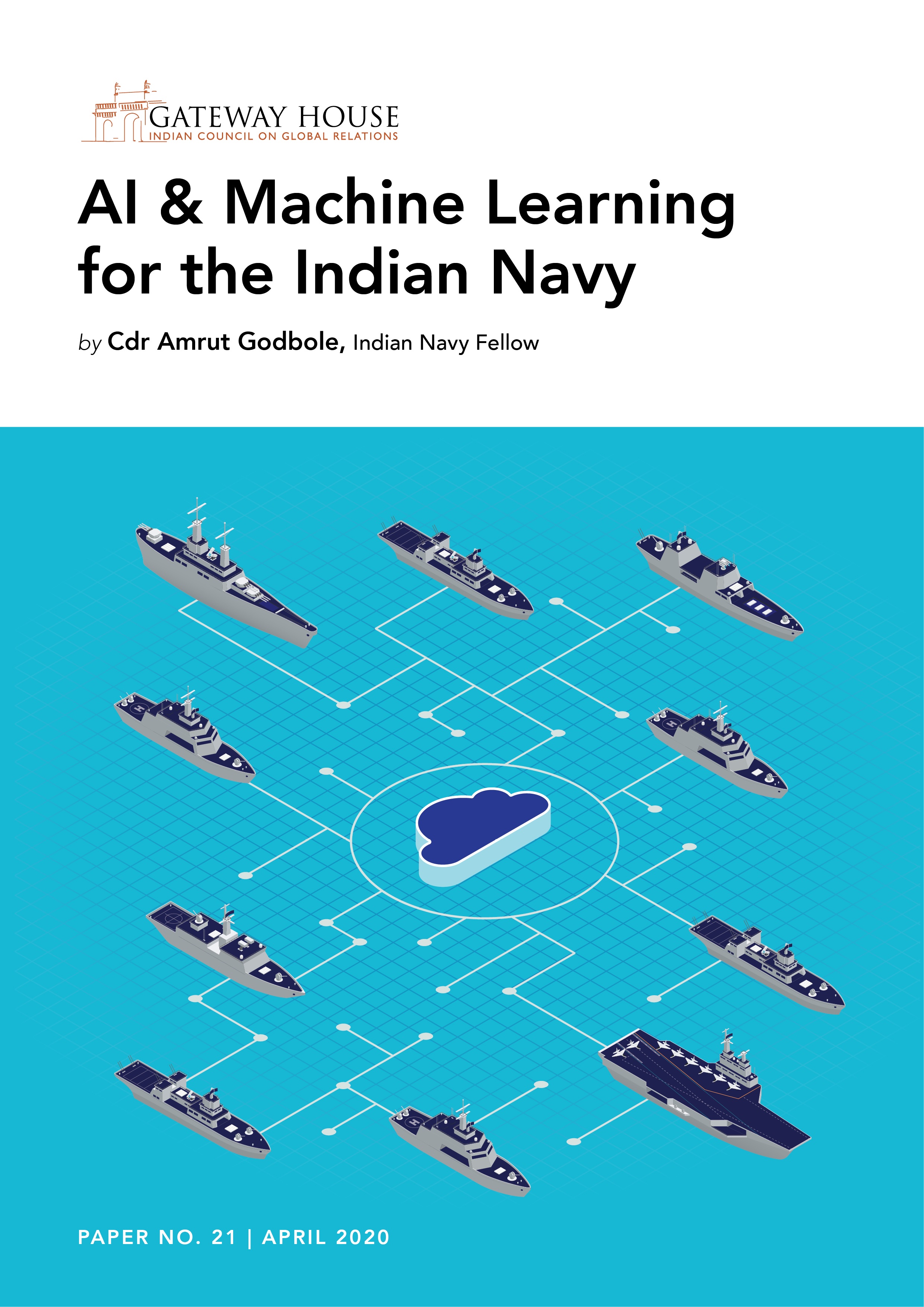Digital India story Covid-19 resistant
India’s e-commerce sector has shown resistance to the COVID-19 pandemic. This is a welcome outcome, and to ensure its success, strong regulatory policy in e-commerce is needed to ensure a level-playing field. This will benefit the customer and strengthen the Digital India and Make in India visions of the government. Can emerging markets look to India for a model e-commerce policy where the regulator has played a part, but not overregulated?










